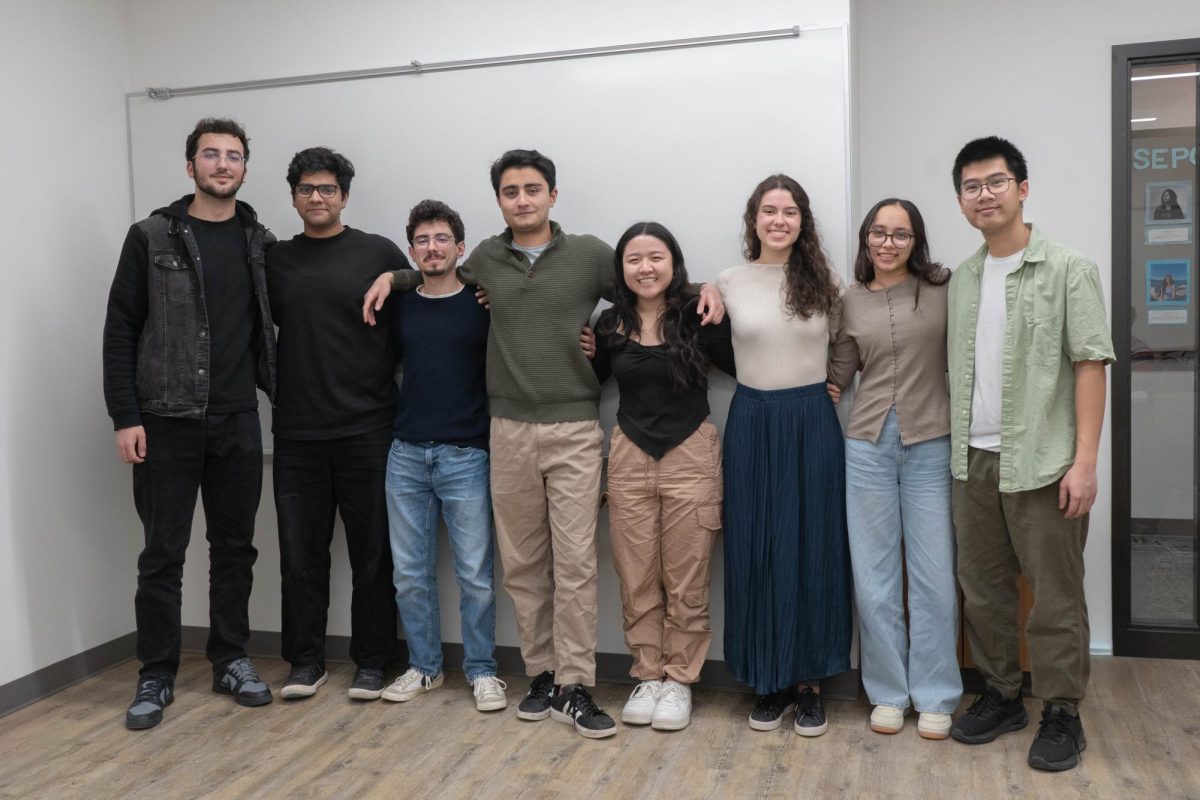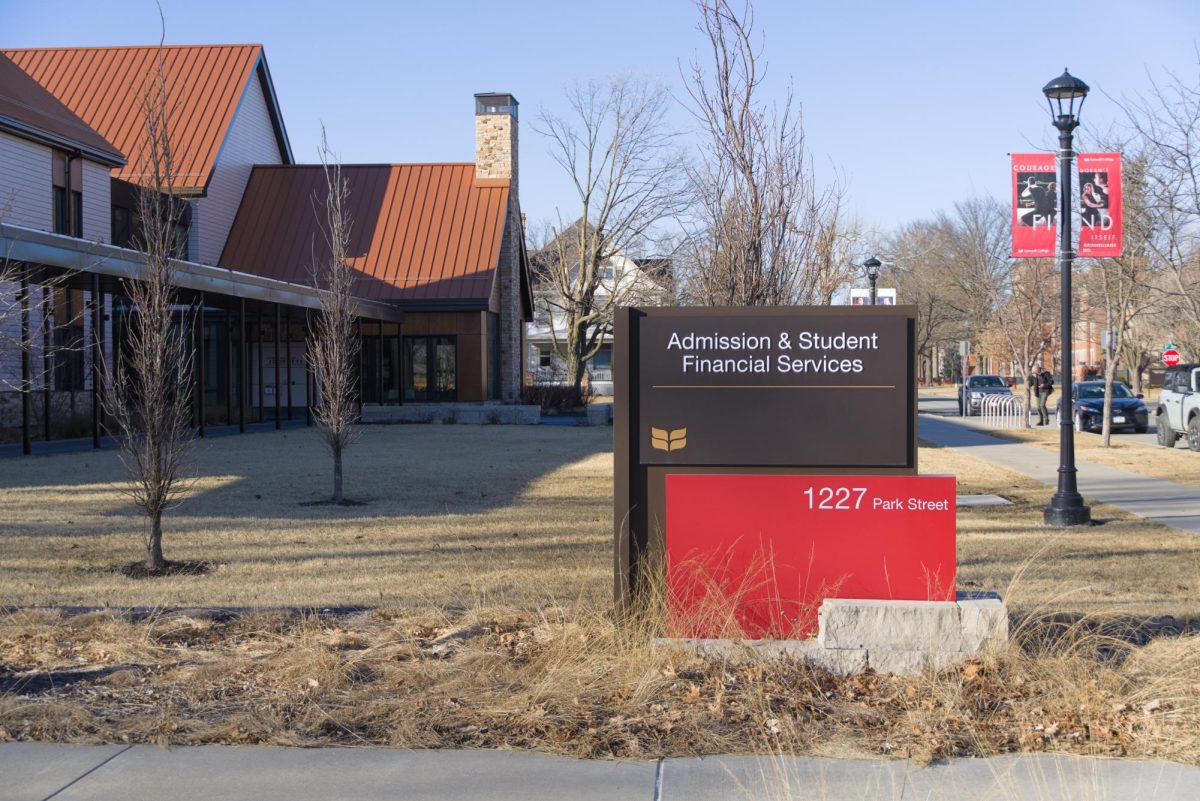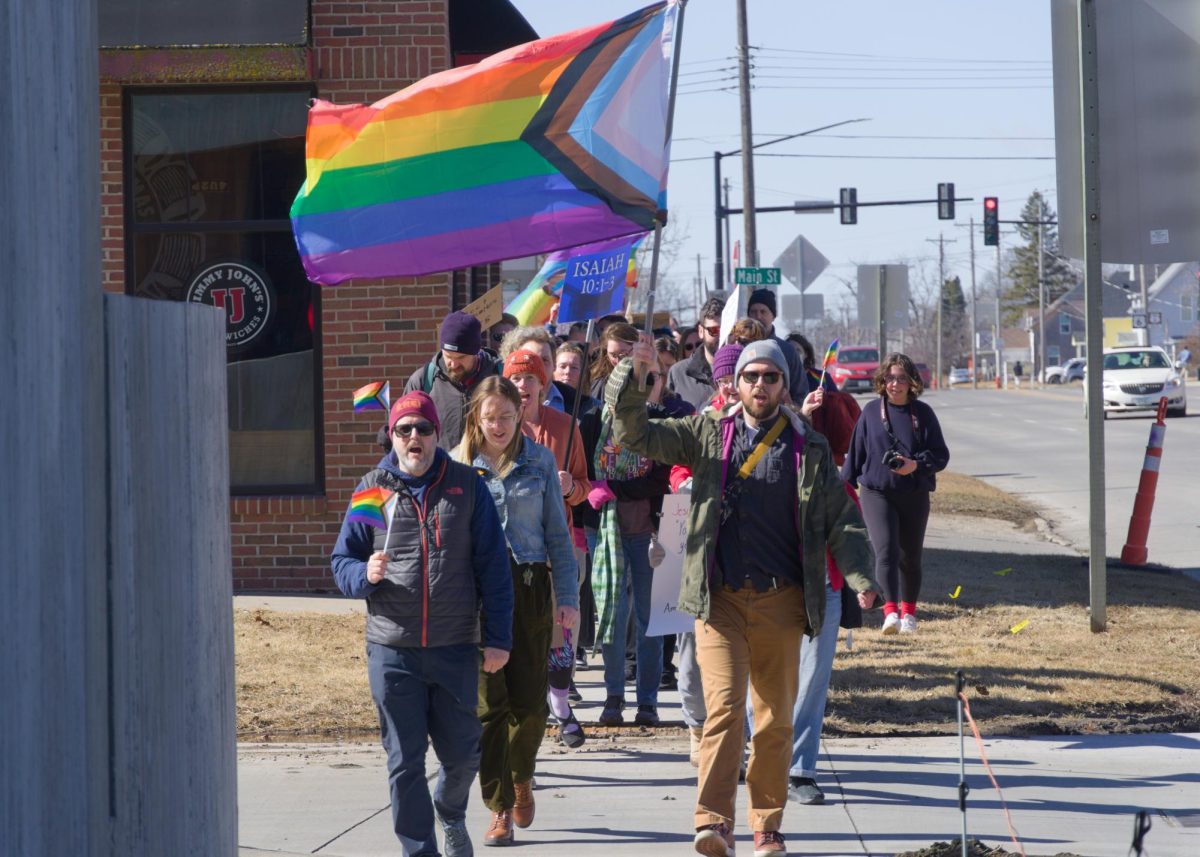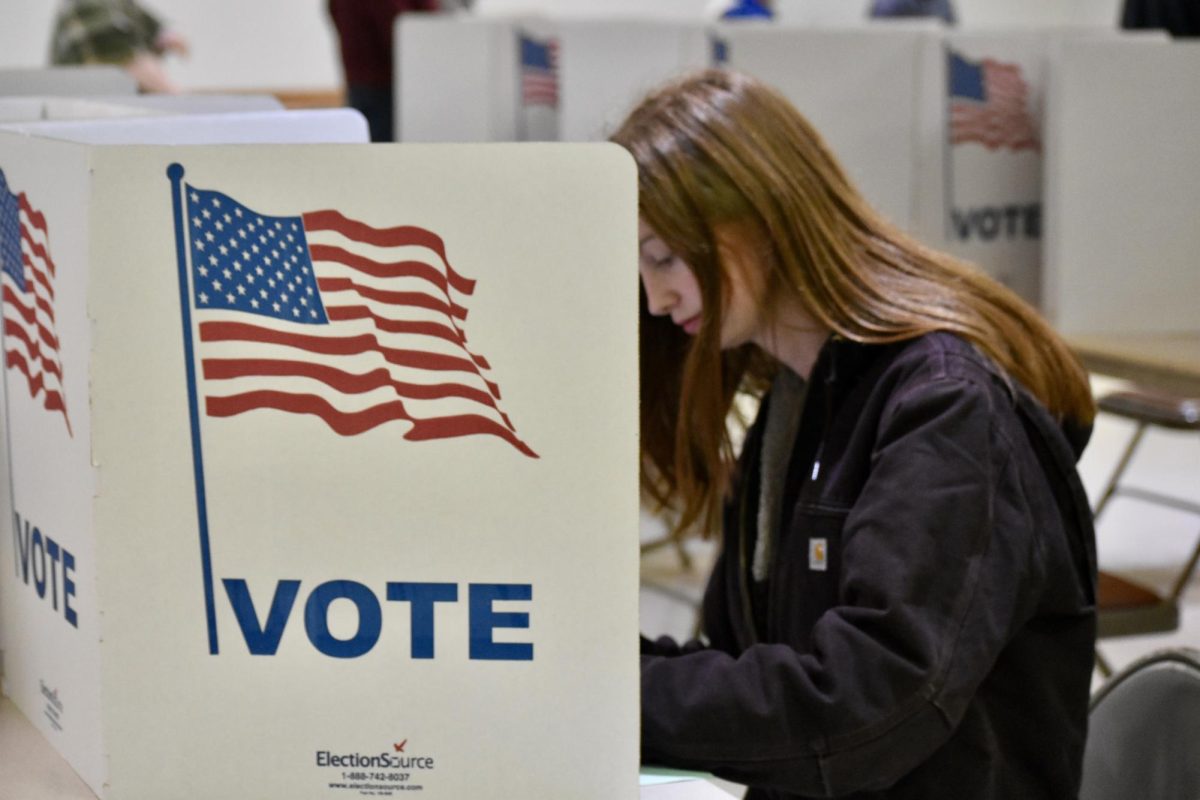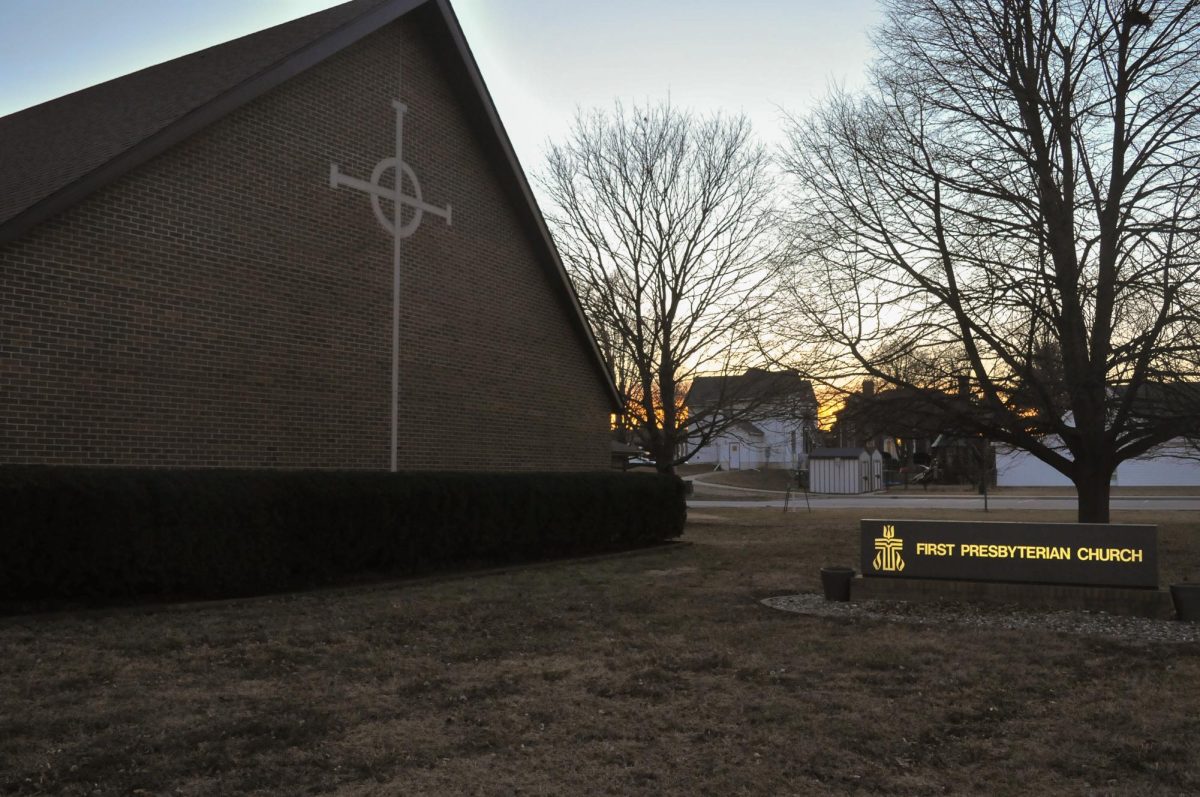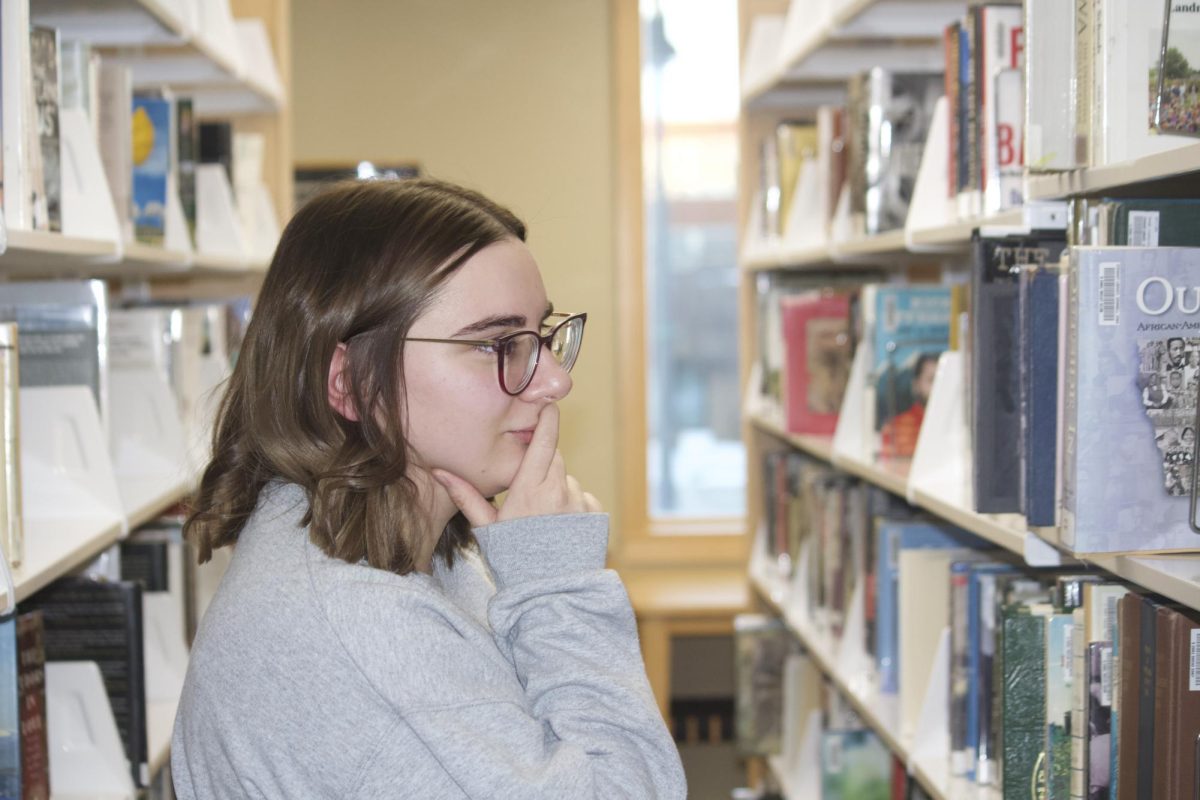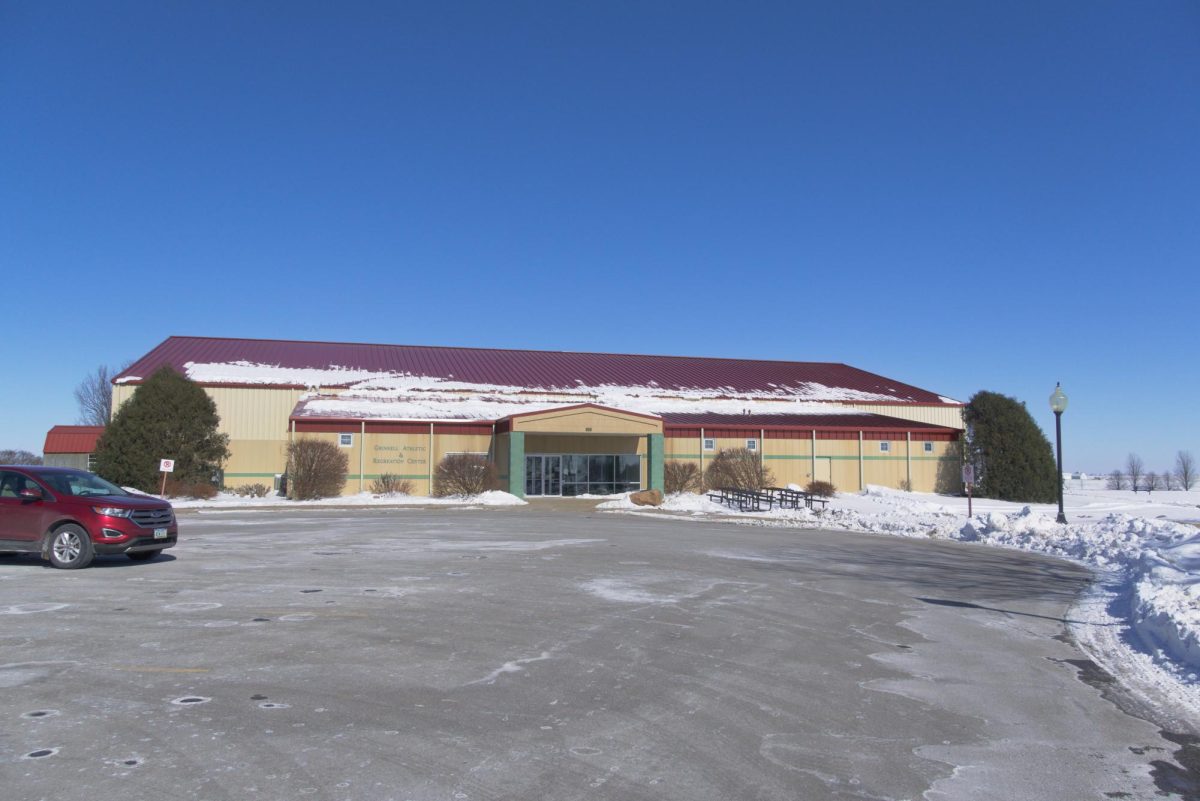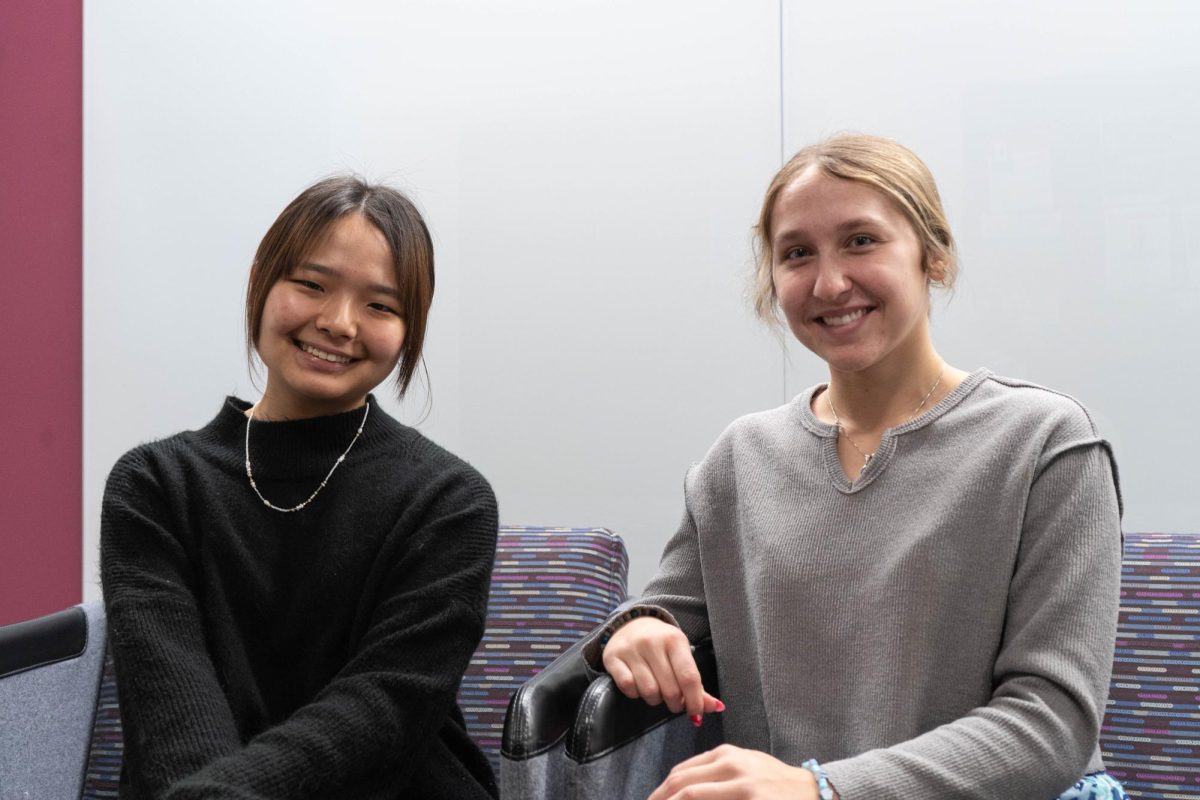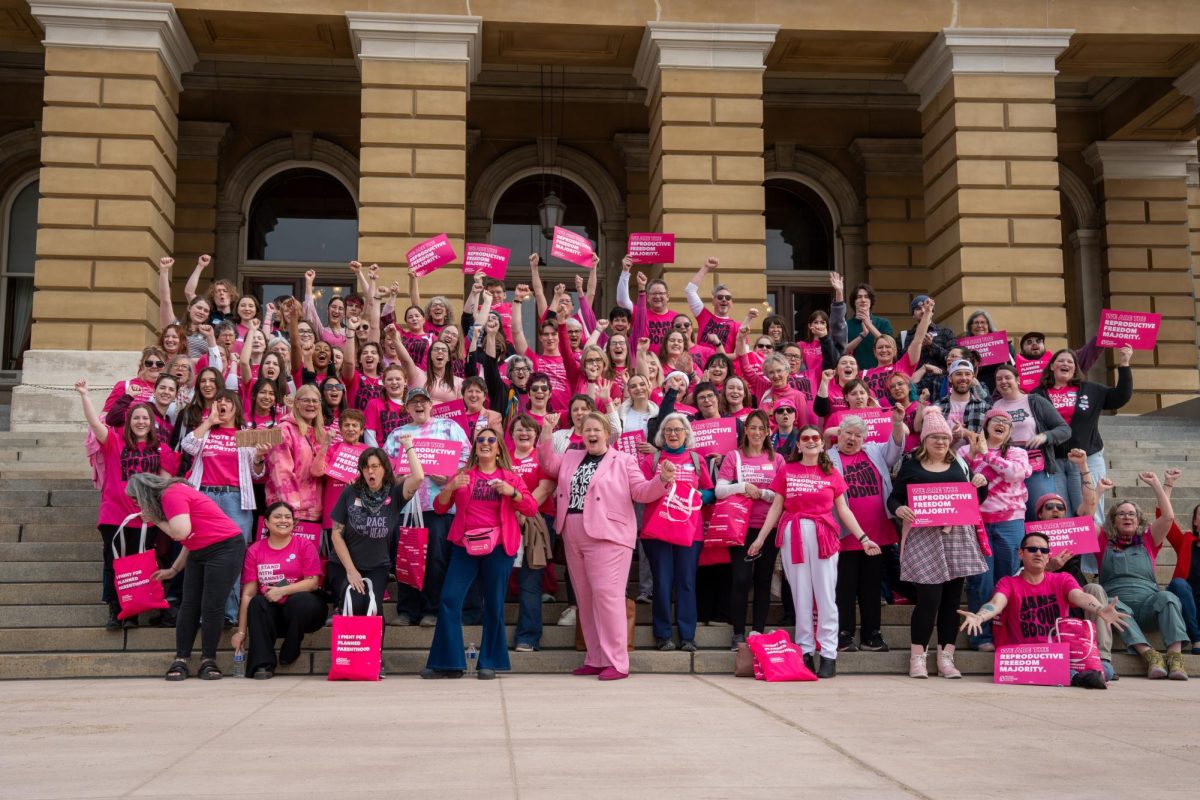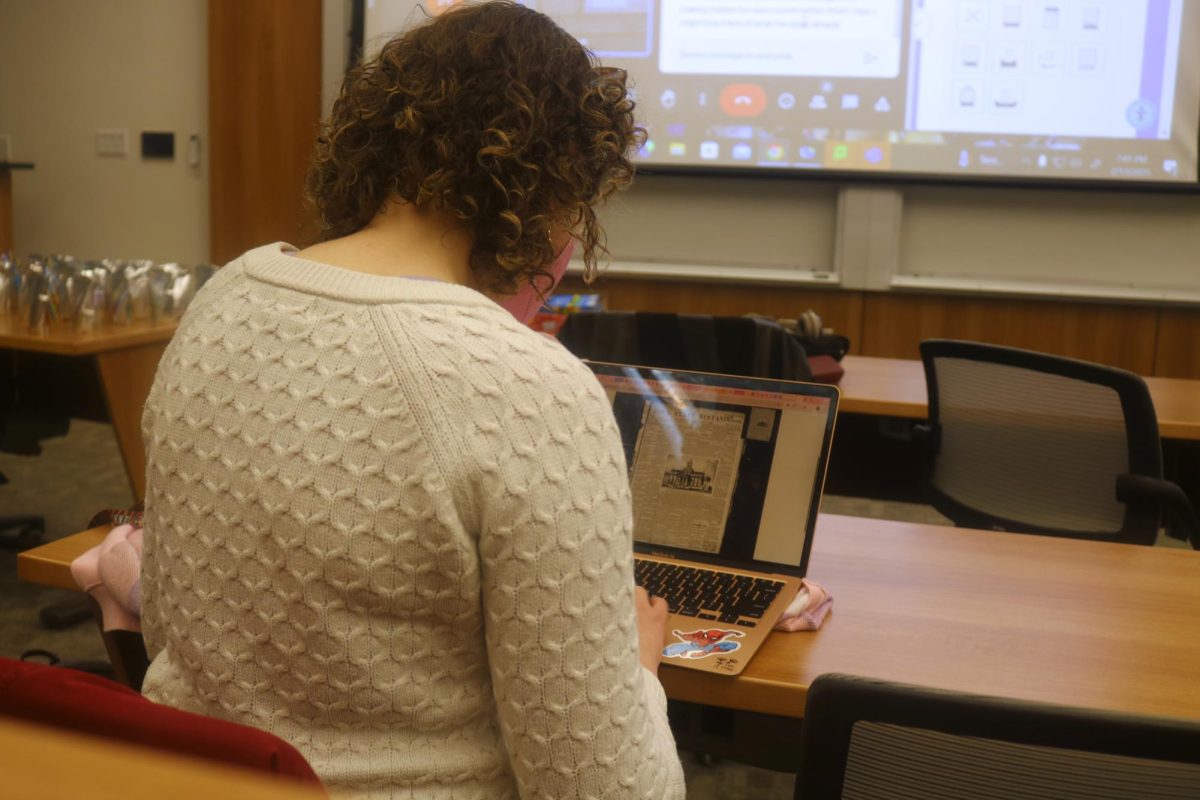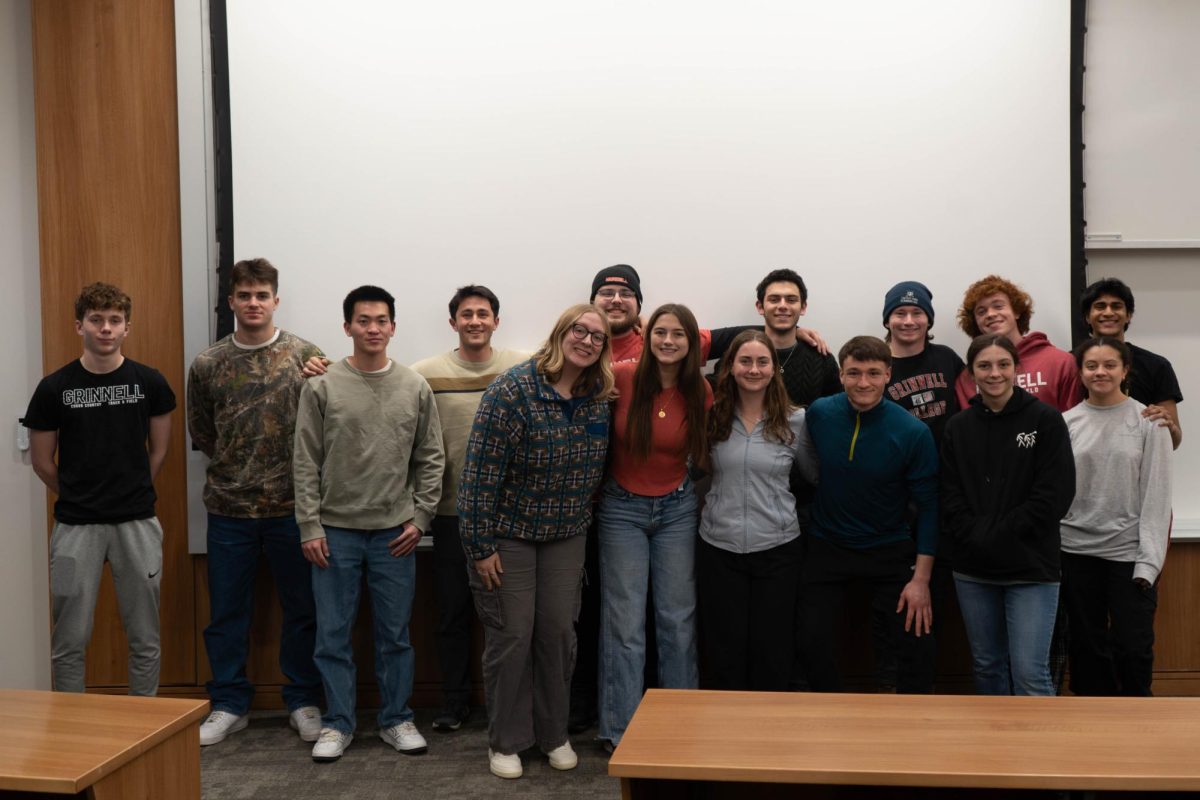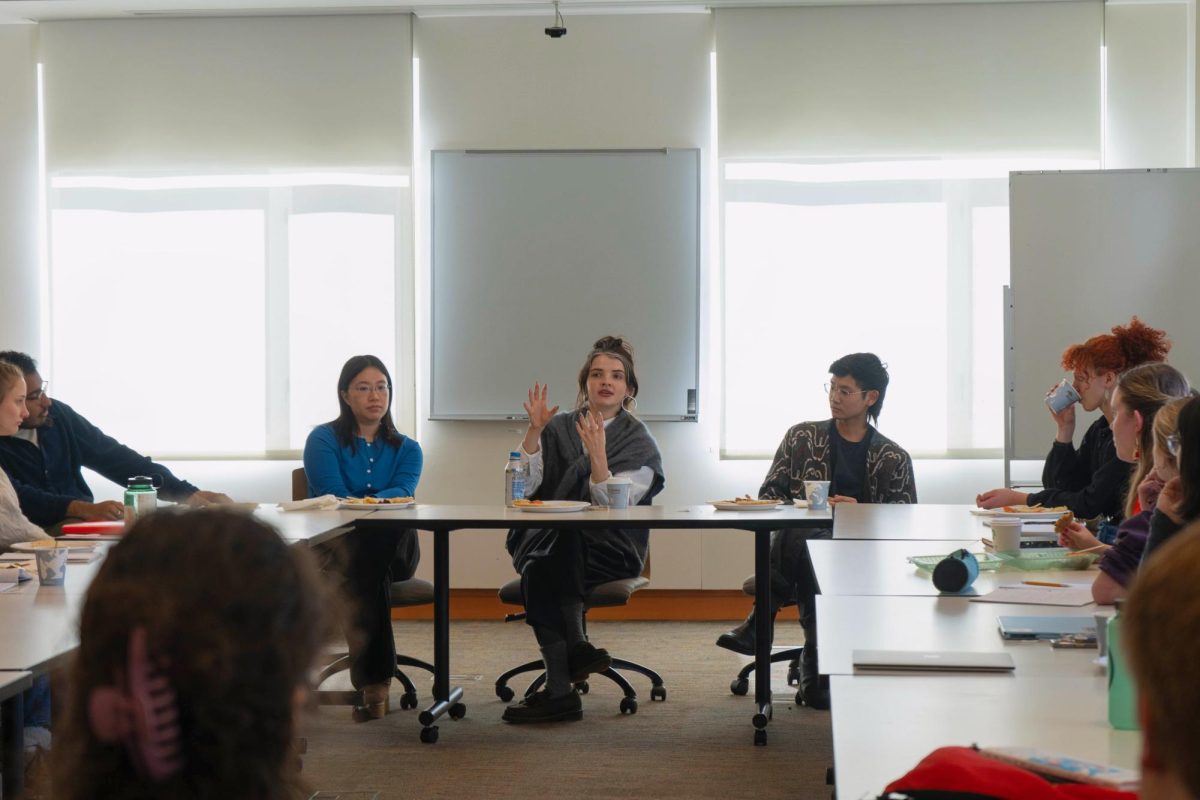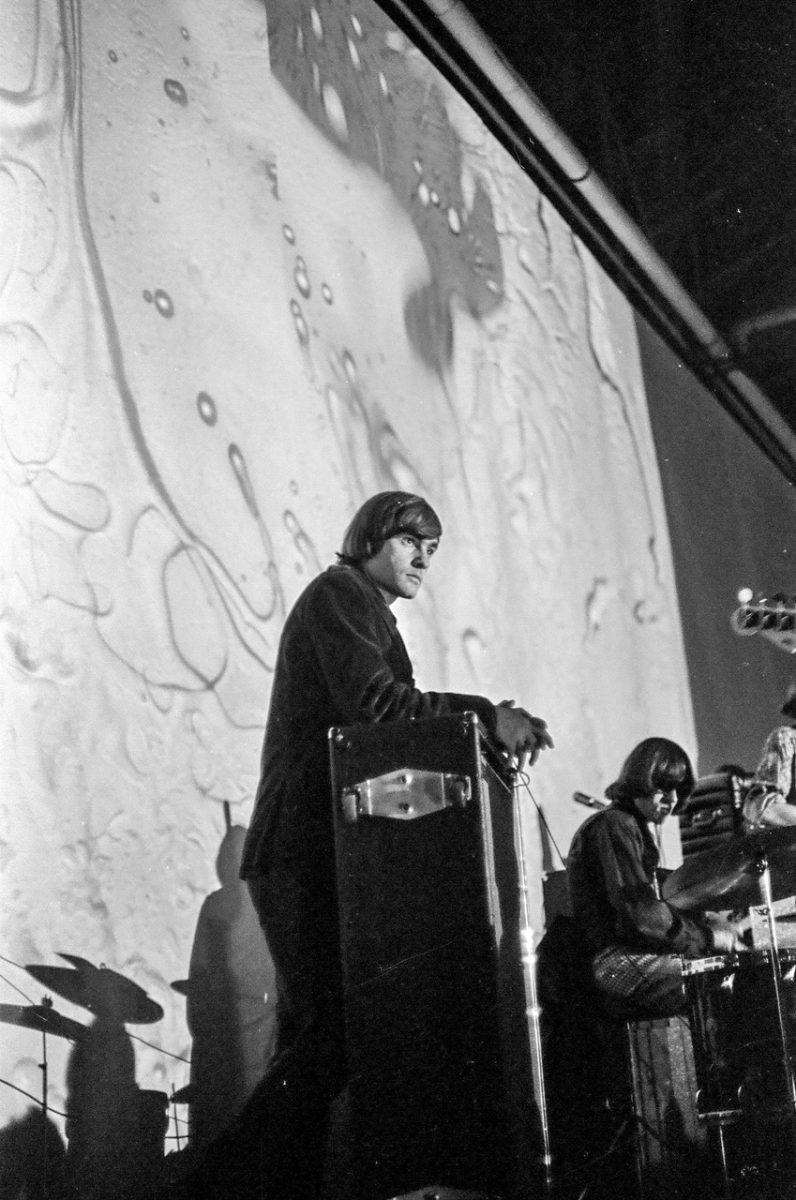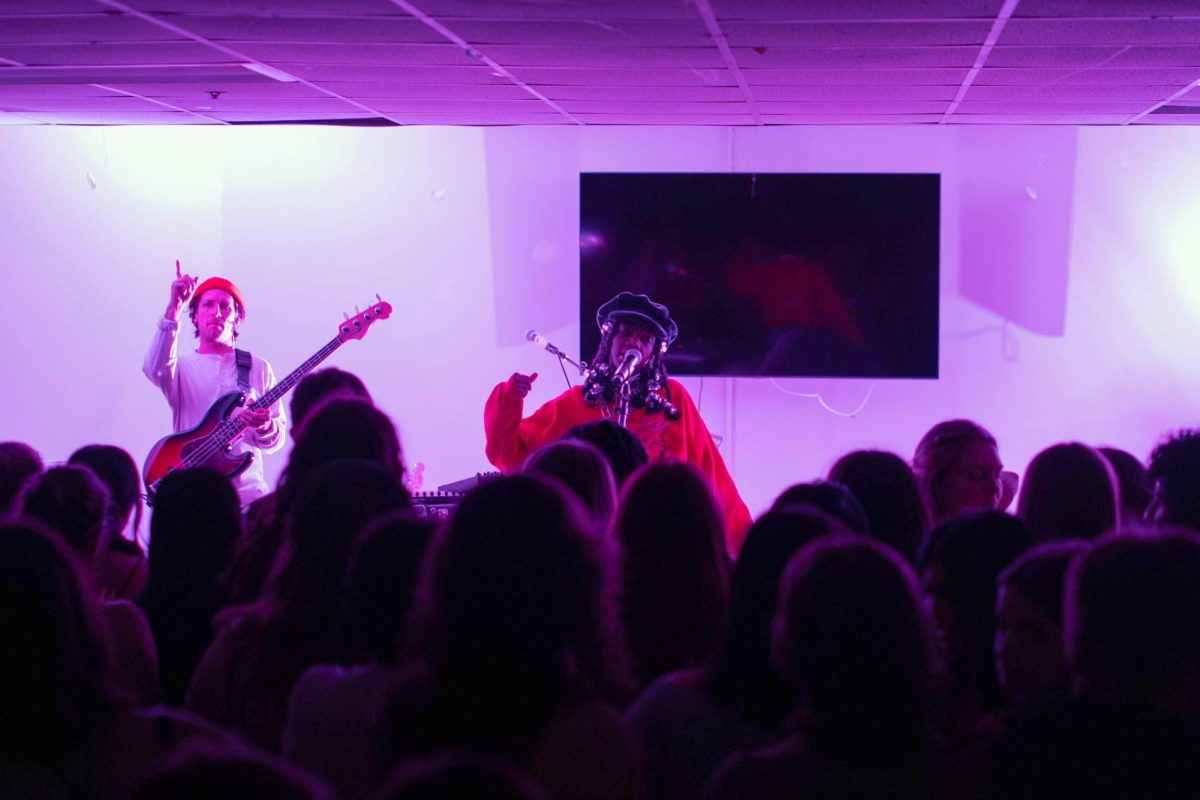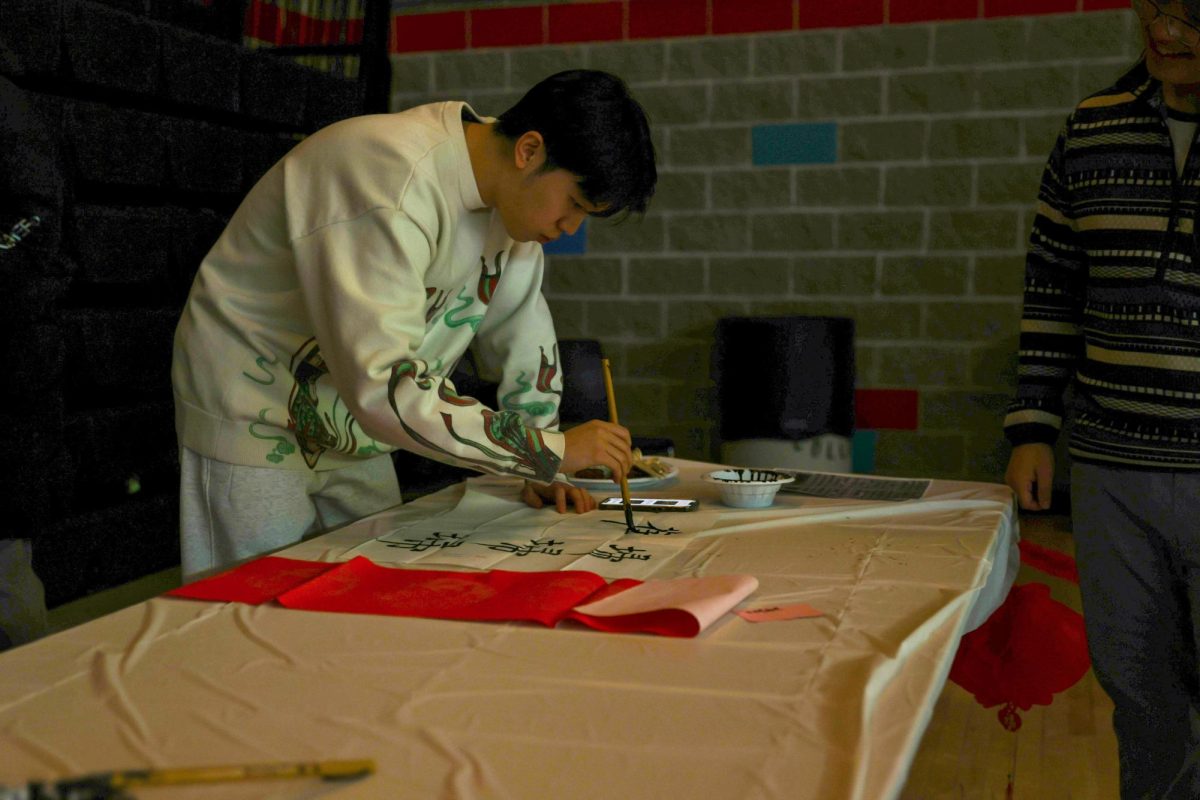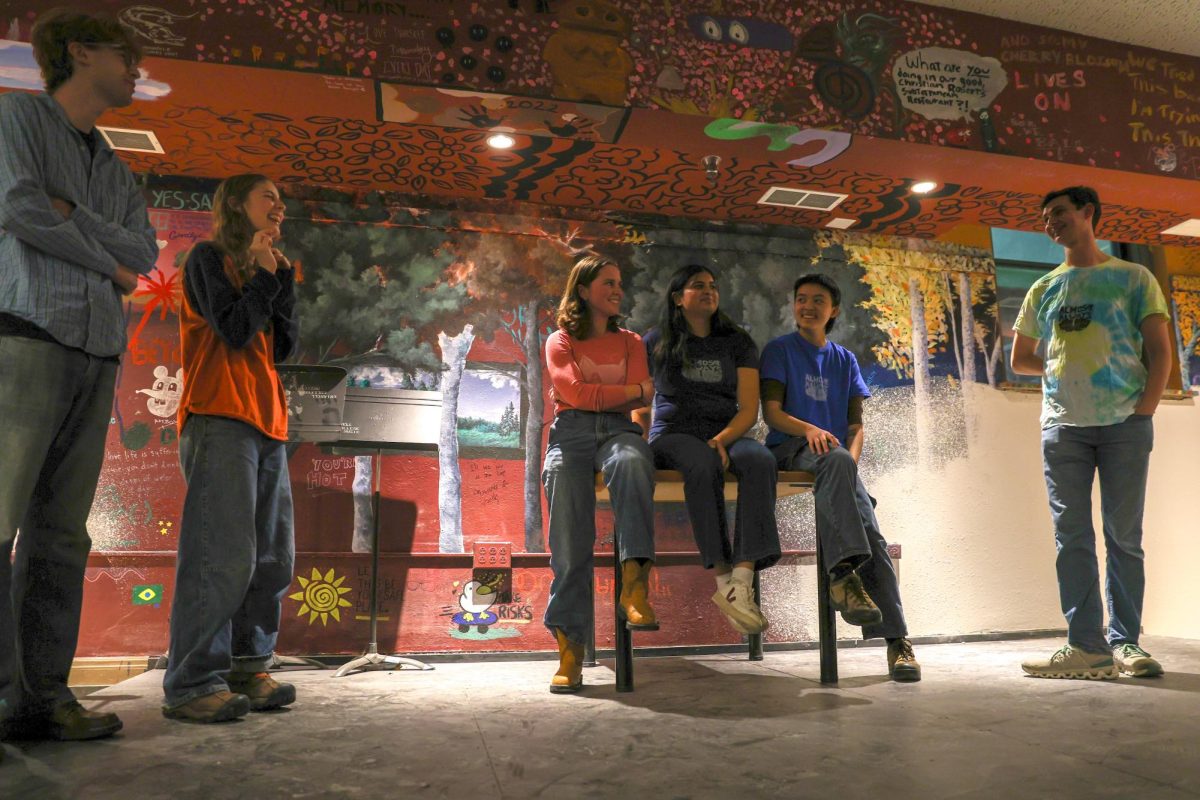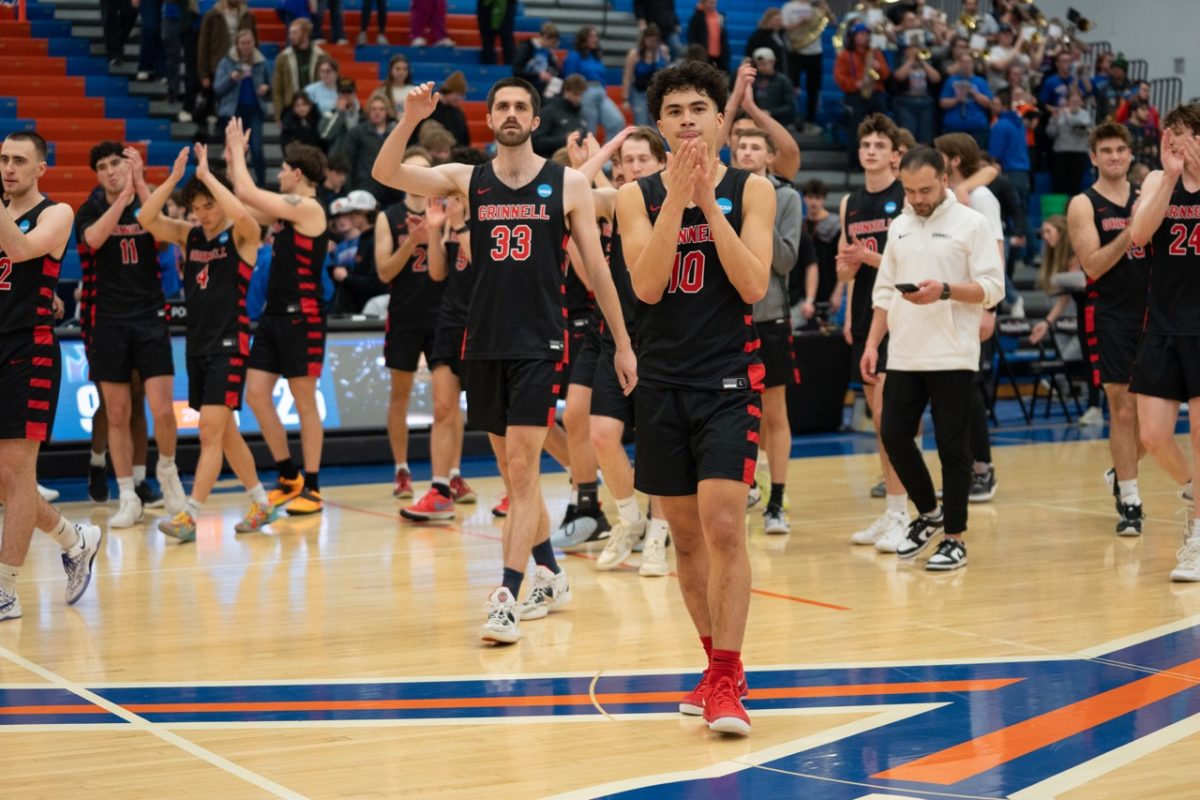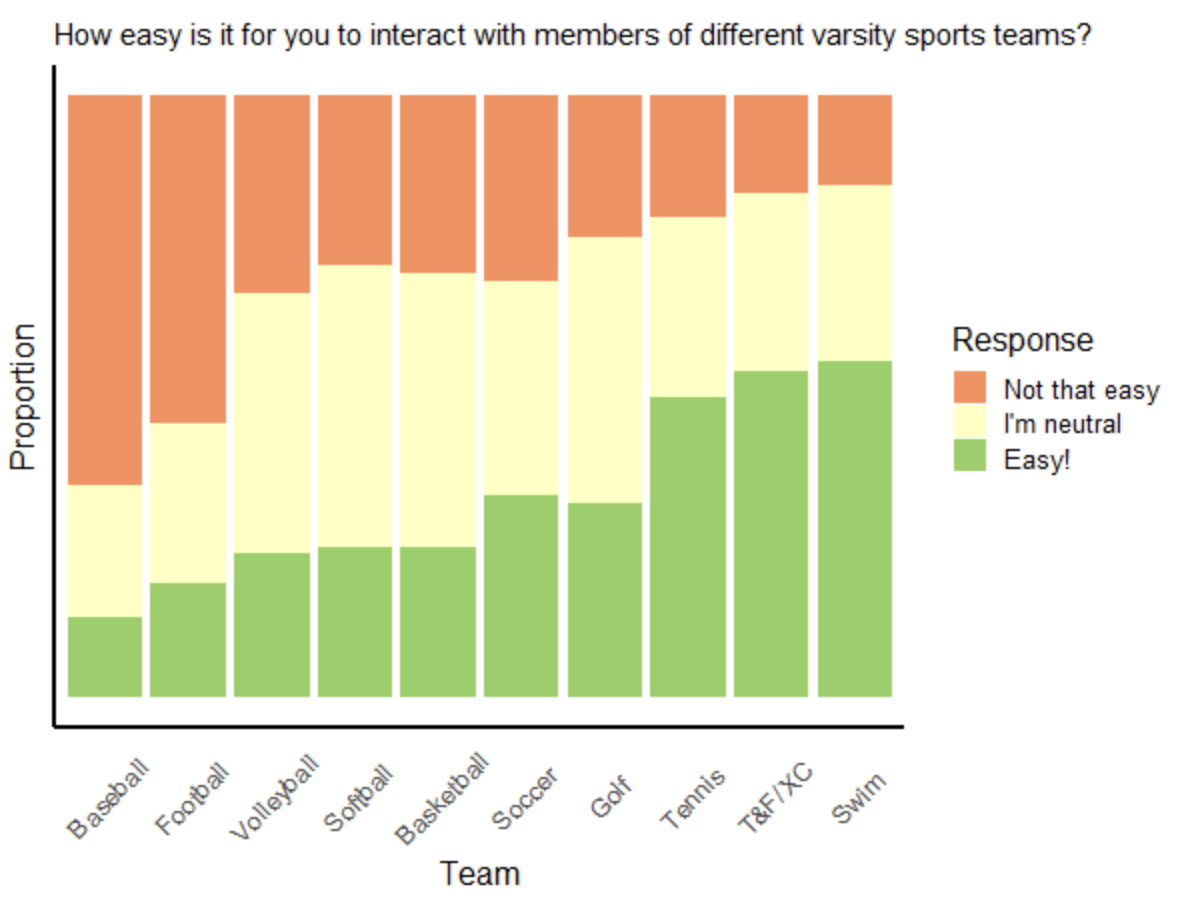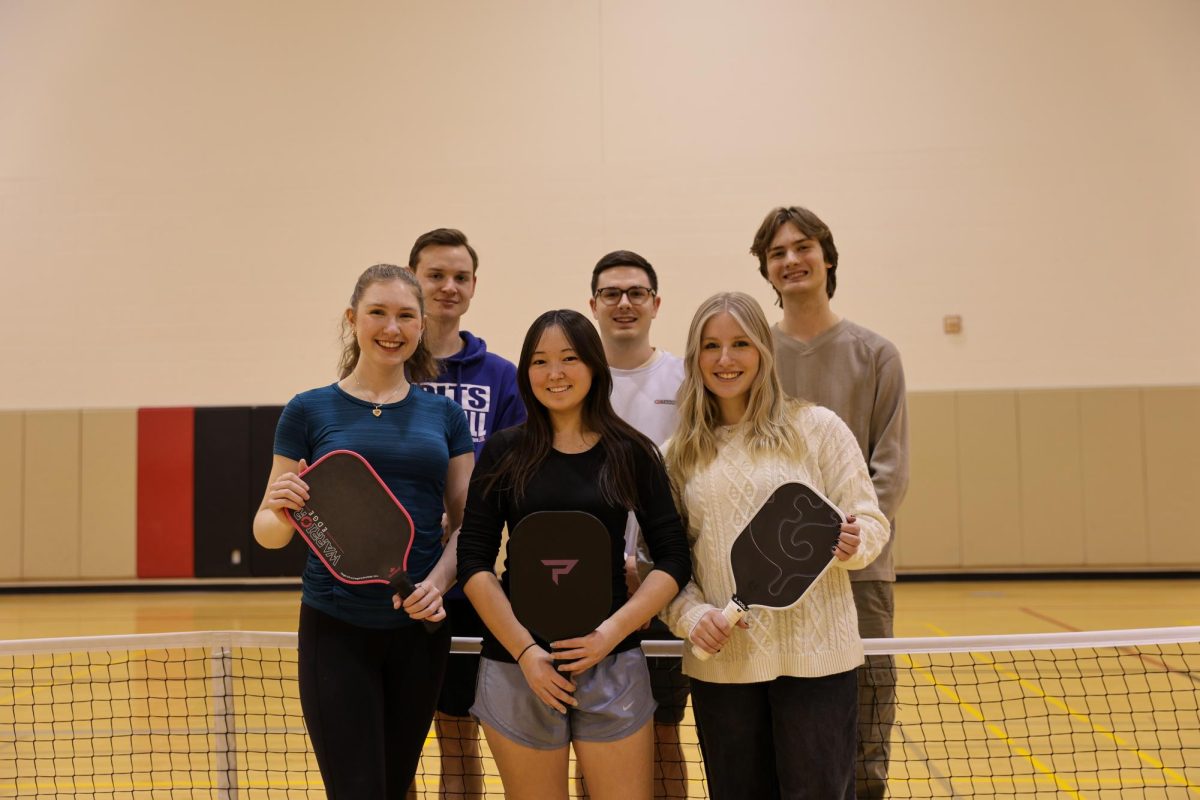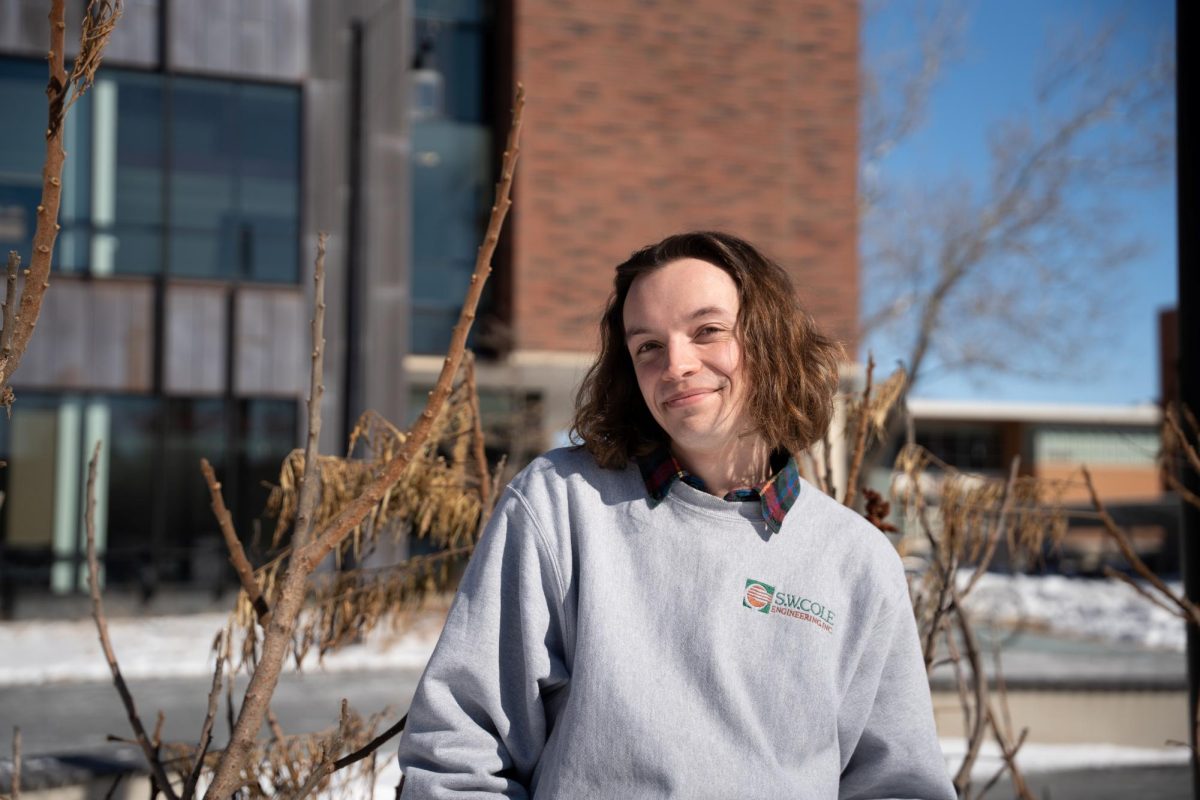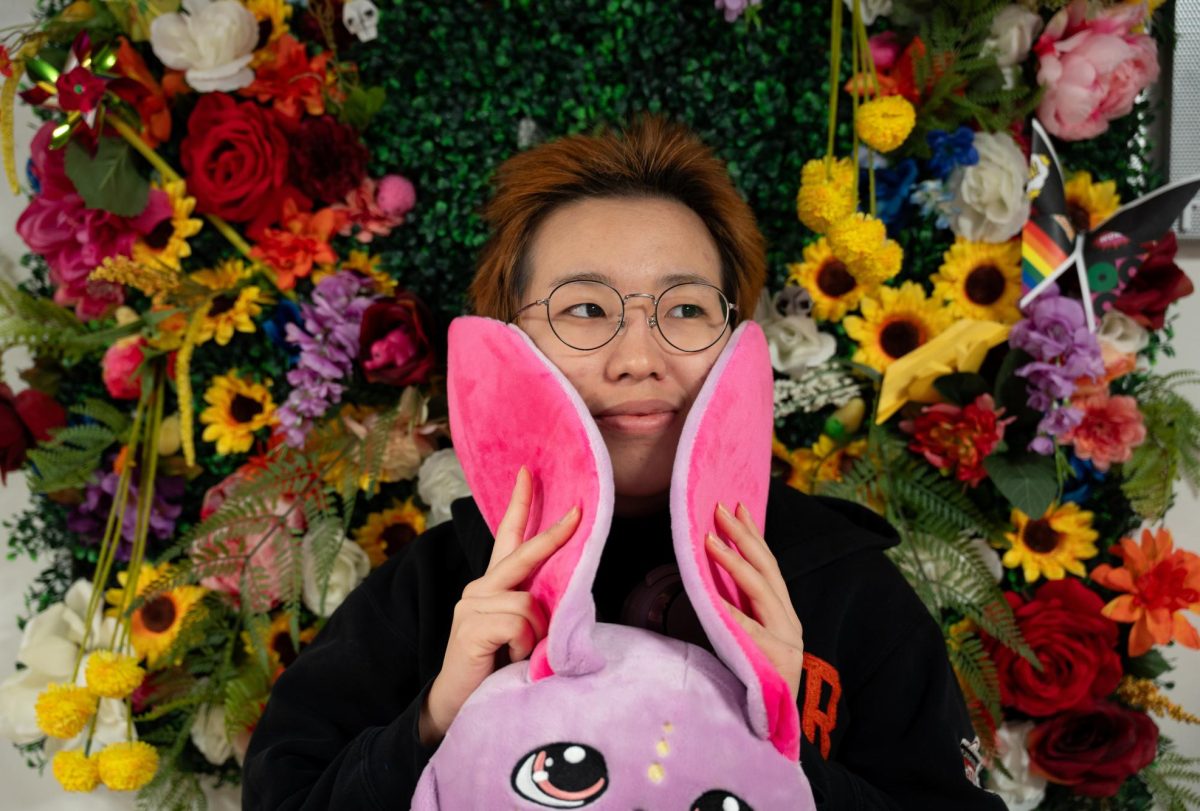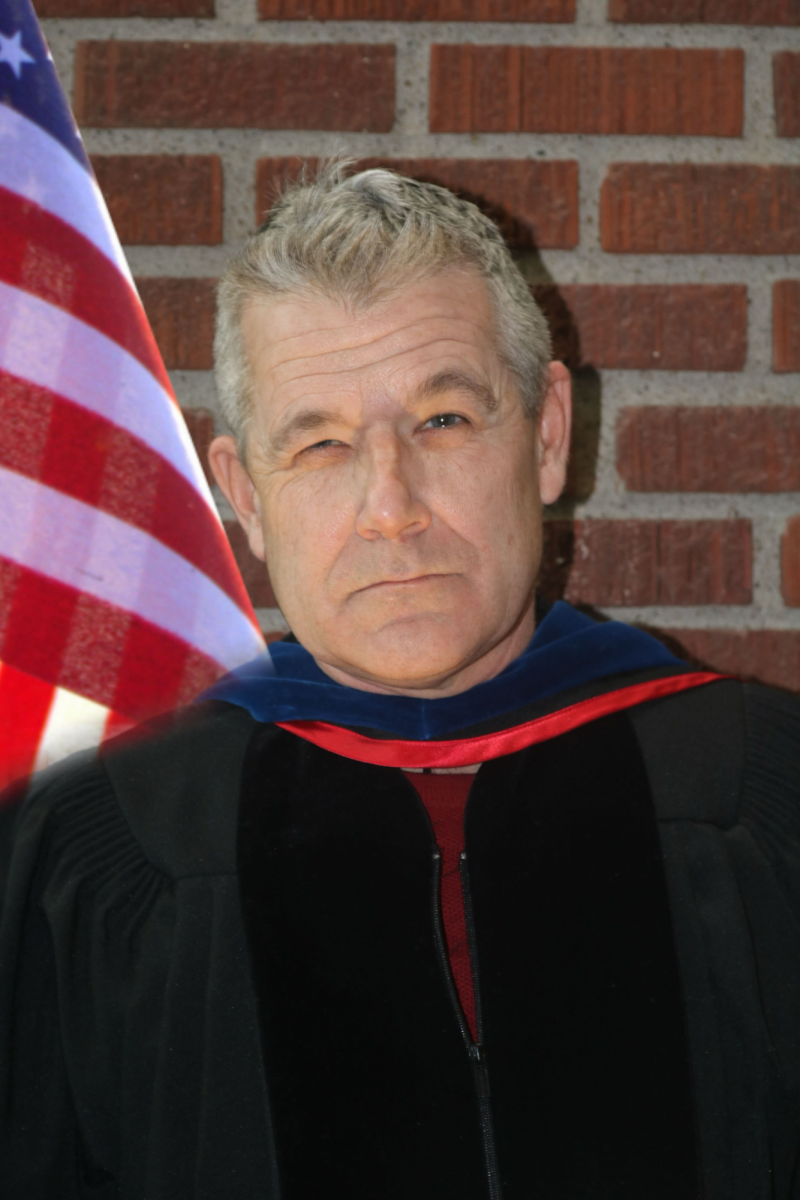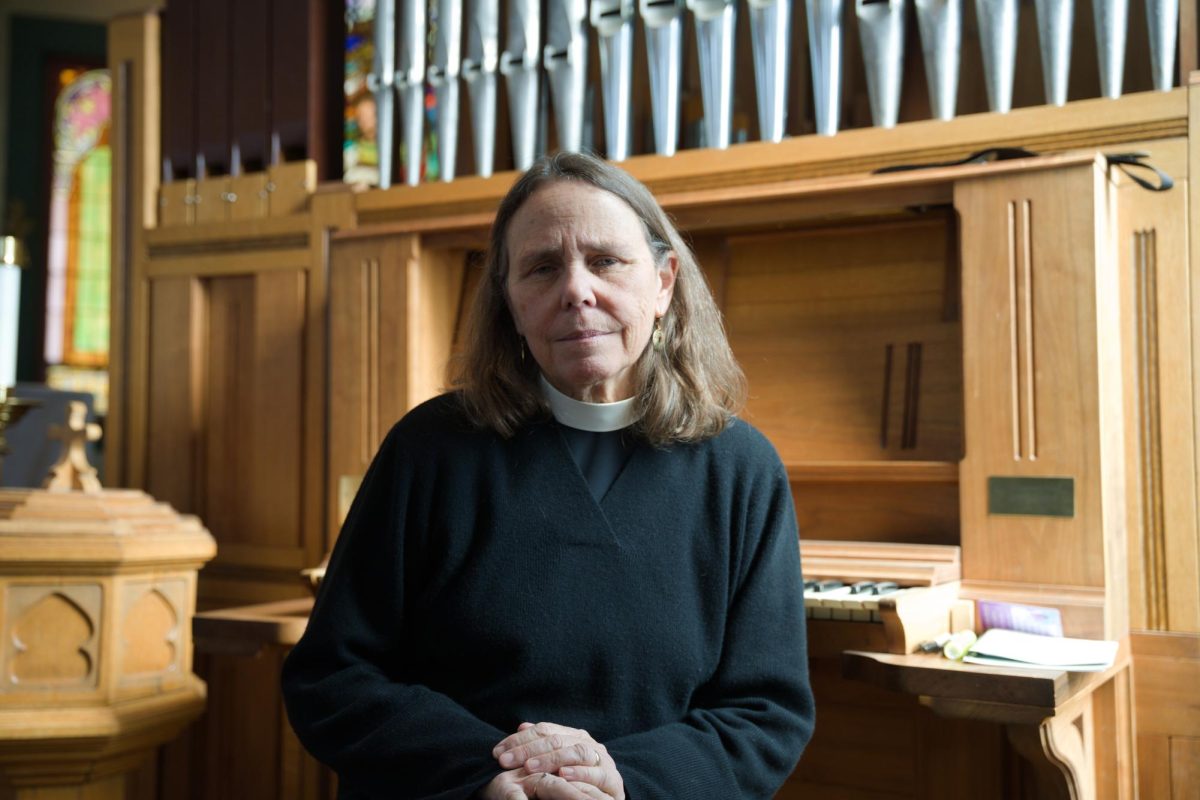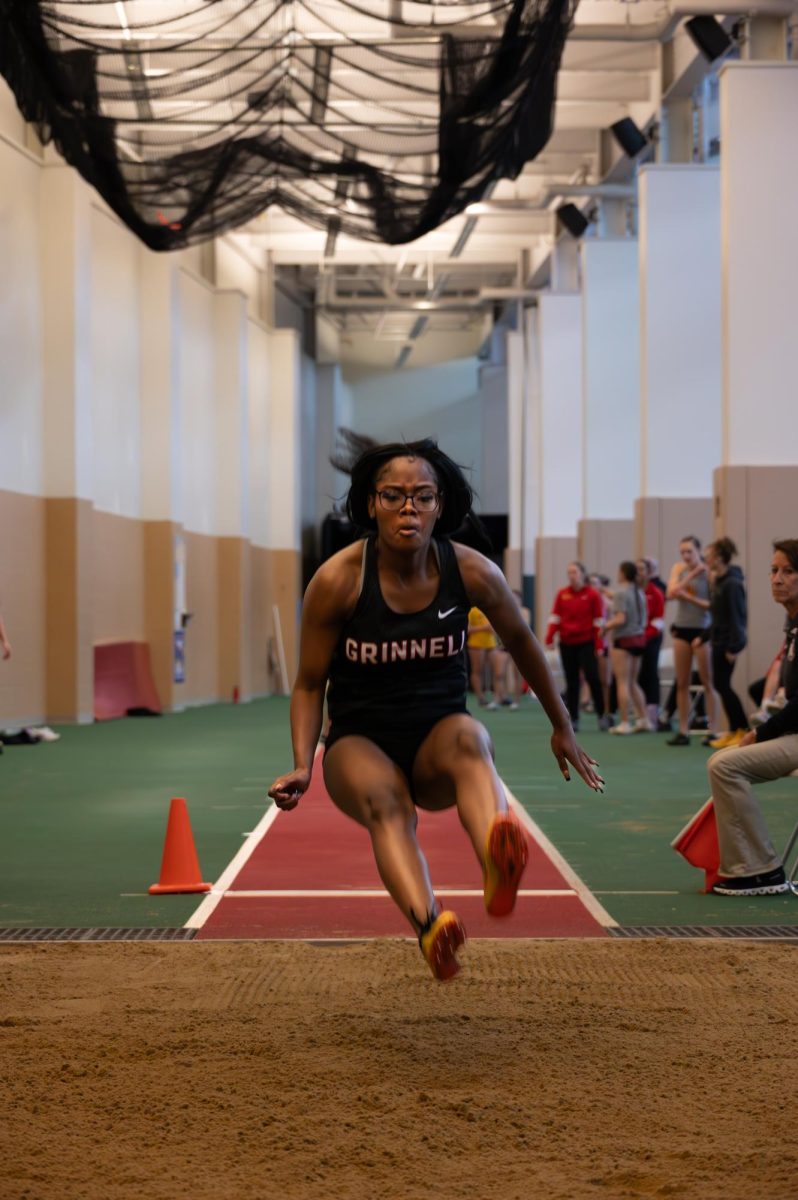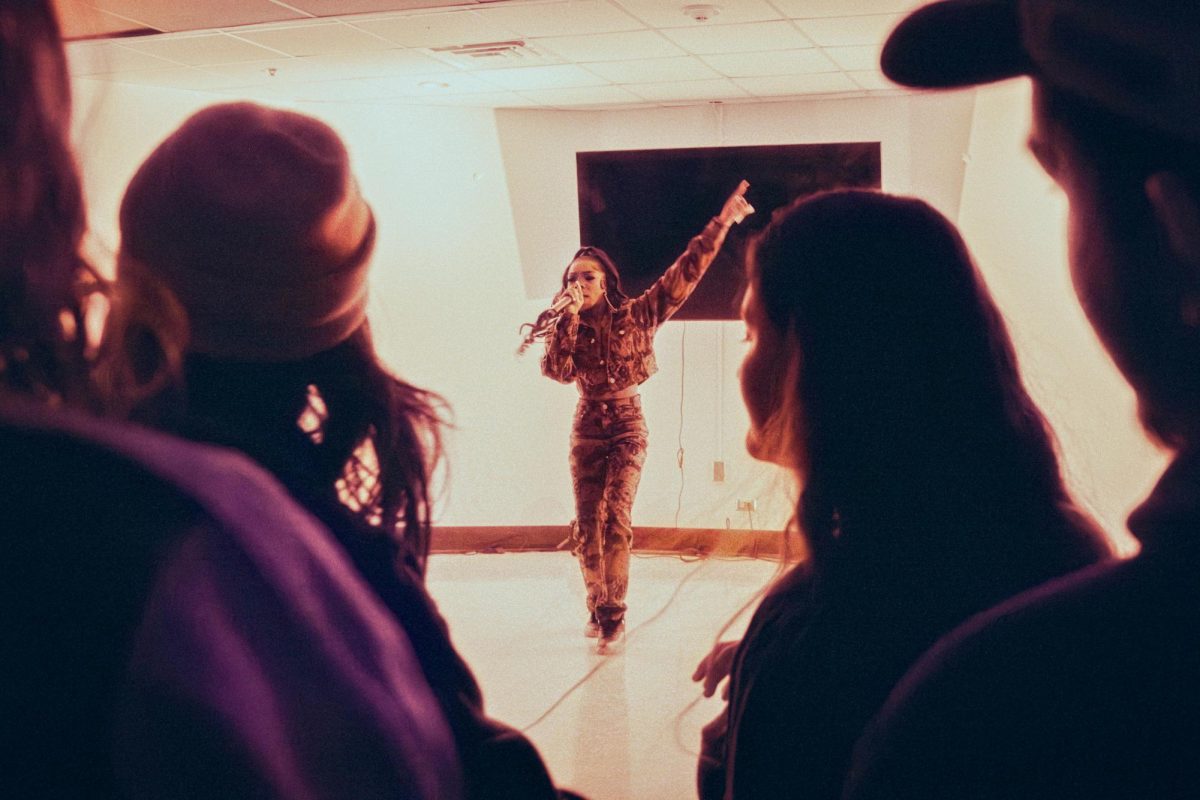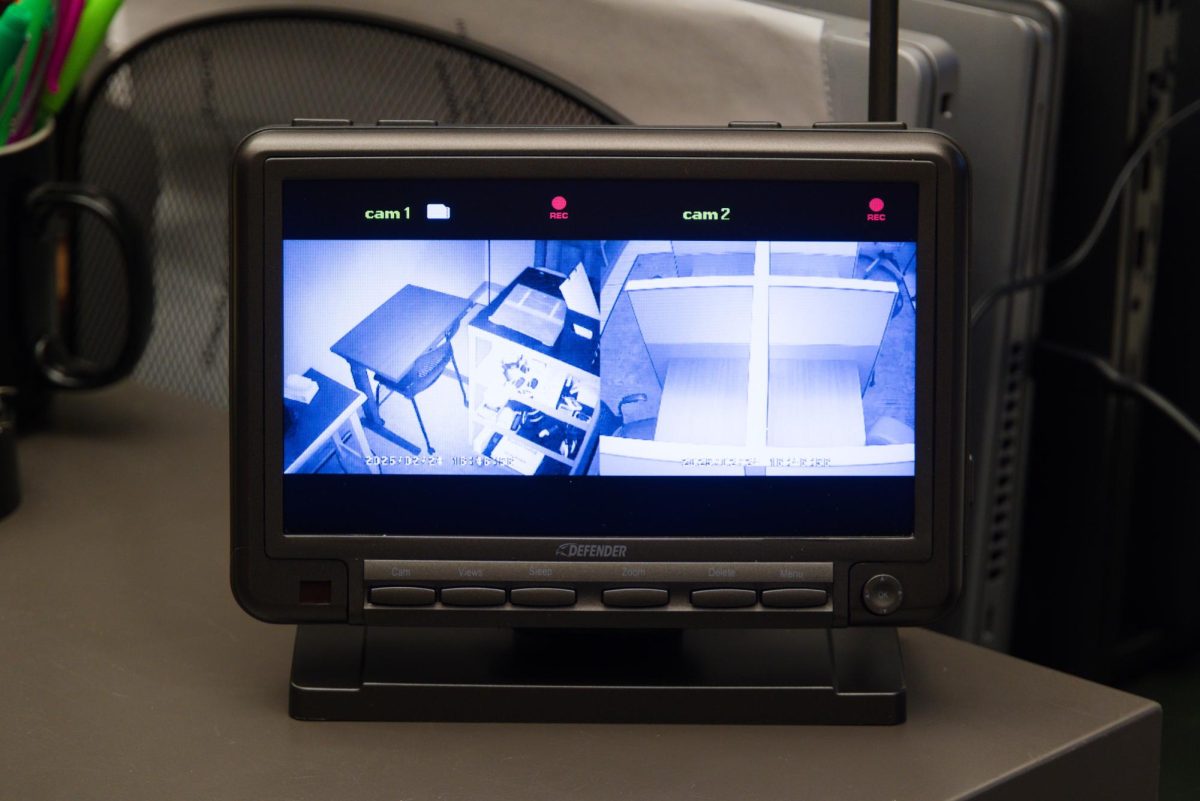Next week marks the 2015 Borlaug Dialogue International Symposium, a conference held by the World Food Prize organization in Des Moines every year. The event brings scientists, statesmen and experts in agriculture and food policy from around the world to Iowa to discuss some of Earth’s most pressing food-related issues.
The Grinnell community, never one to miss out on a social justice opportunity, has found many ways to get involved with the symposium. Students, professors, clubs and committees have worked to either bring aspects of the World Food Prize to Grinnell or get themselves to Des Moines to participate.
One such student, Moses Gaither-Ganim ’16, has used his role as a leader of the Grinnell chapter of Oxfam America to this end.
“On campus we’re the awareness-raising, movement-starting kind of thing,” Gaither-Ganim said. “We’re trying to rally support from Grinnell students for Oxfam’s issues, for hunger-related issues.”
Through Oxfam, Gaither-Ganim has helped to organize two hunger banquets during his time at Grinnell. These banquets, where students draw a social class out of a hat and are apportioned food accordingly, are used to raise awareness about the quantity of people in need of food today and just how much they are in need.
“This year, Oxfam America will be holding a [hunger] banquet at the Symposium,” Gaither-Ganim said. “They’ve requested volunteer support and since we’re so nearby I’m trying to rally some support to go.”
Every year, the Rosenfield Program brings in someone who works with the World Food Prize to speak at Grinnell around the time of the Symposium. Next week, Ronald Phillips, Professor of Genomics at the University of Minnesota, will be speaking on campus.
“I’m going to talk about world hunger and how some scientific advancements fit into that,” Phillips said.
He added that the massive acceleration in population growth that the world continues to face and issues with feeding a growing number of people will factor prominently in his speech.
Phillips’ research primarily focuses on plant genetics with a special emphasis on manipulating genomes in order to find solutions to hunger.
Phillips’s work with the World Food Prize primarily relates to outreach to high school students.
“My main role in this is with the Youth Institute,” Phillips said. “High school students write essays and they bring them to the World Food Prize and present them in front of a panel of three or four people and then they have the opportunity to go to some international agricultural research center for two months.”
Max Fenton ’19 was a part of the Youth Institute. He spent most of last summer interning at the M S Swaminathan Research Foundation in Chennai, India, in the state of Tamil Nadu. Fenton noted that he spent the summer conducting research, including interviewing farmers and discussing issues of agriculture with noted experts in the field.
“It was an incredibly rewarding experience,” Fenton said.
Next week Fenton will be going to Des Moines to participate in the World Food Prize.
“I’m going to be serving as a group leader, to help younger high school students who are also interested in agriculture,” Fenton said. “I’m also going to be presenting on my findings in India and my experience there in general.”
The Borlaug Dialogue International Symposium will run from Oct. 14-16 in Des Moines.
